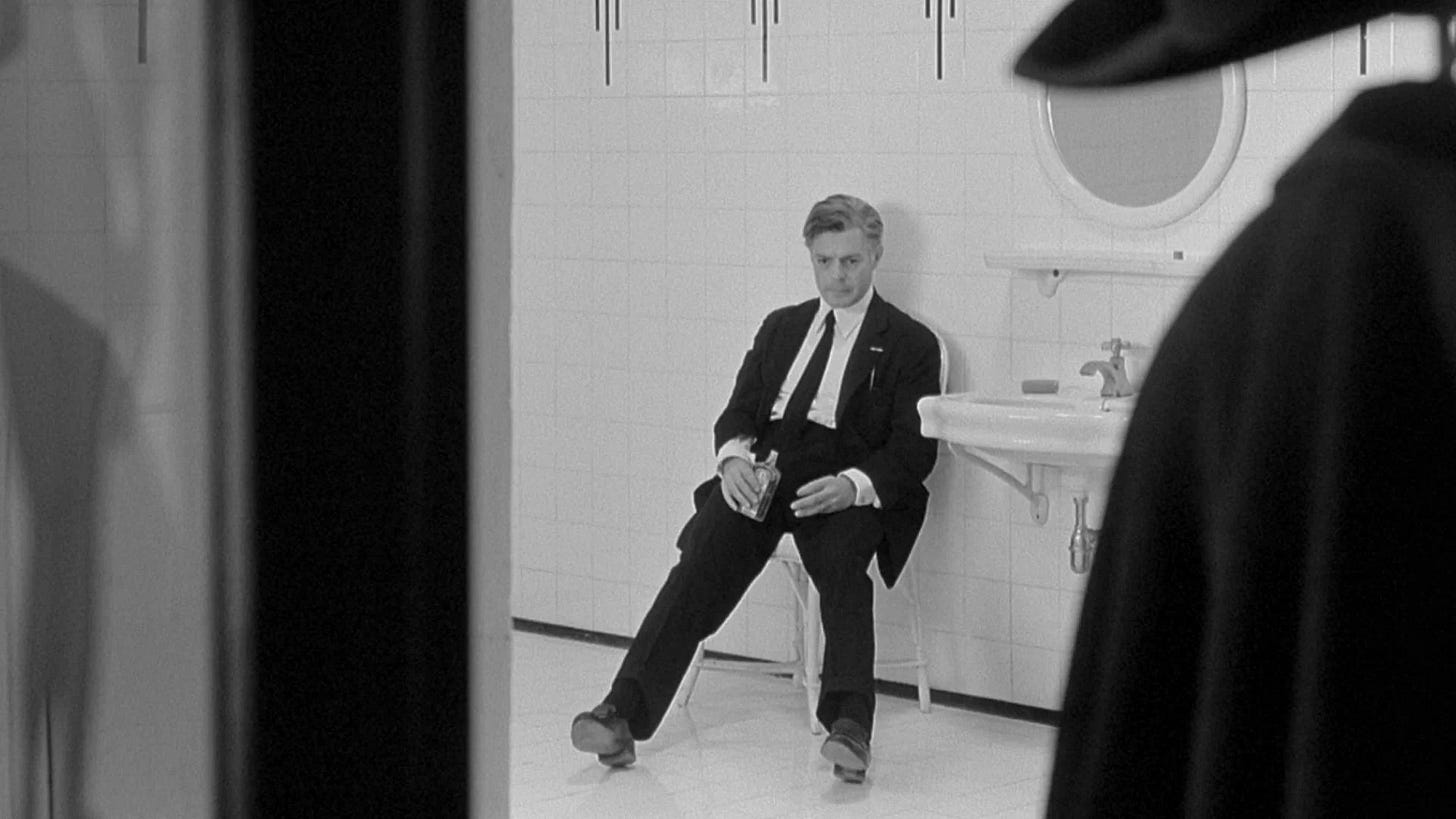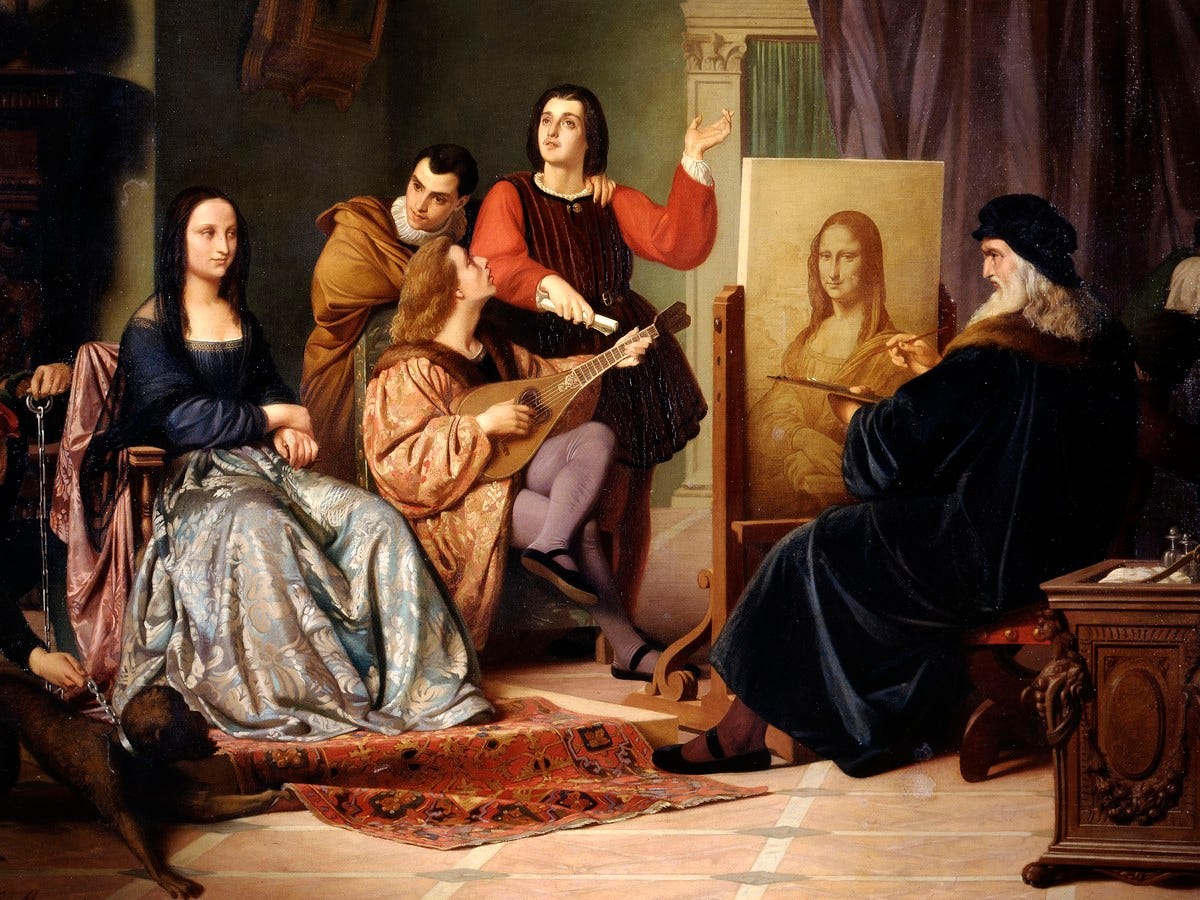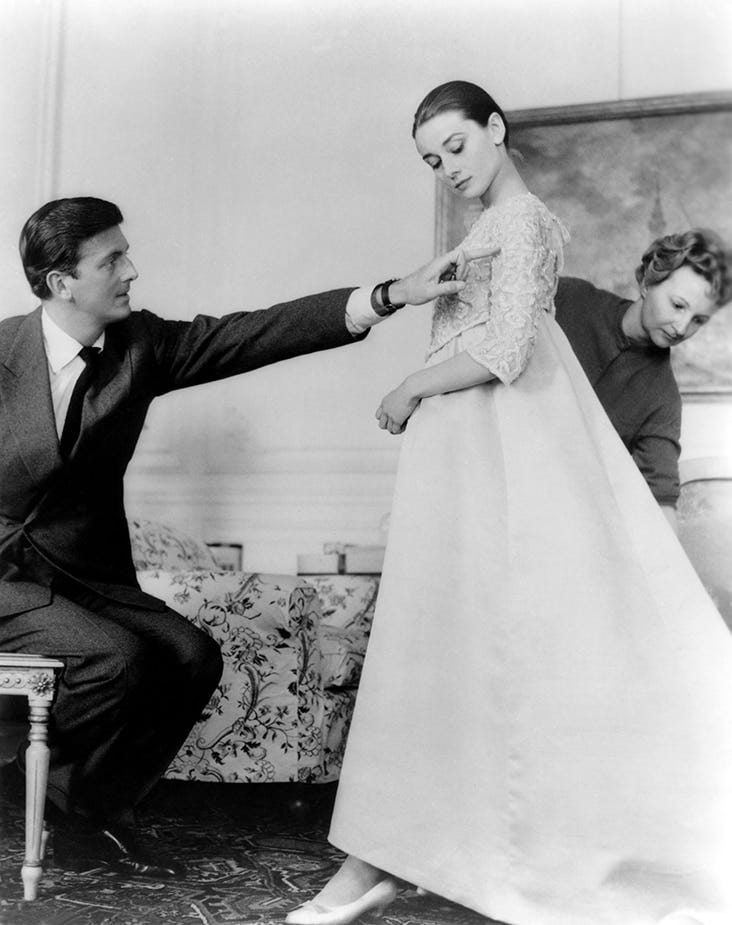Why You’re Not Creating Anything (and How to Start)
Hint: Creative Discipline Is What You Need
There’s a common problem when it comes to being a ‘writer’, ‘artist’, or ‘creator’.
They tend to struggle with consistency in their work—struggling to create regularly, to publish consistently.
This has been widely perceived in the modern day as ‘creative block’.
“The more important a call or action is to our soul’s evolution, the more Resistance we will feel toward pursuing it.” — Steven Pressfield, The War of Art
I was someone who struggled with this for a long time—the state where words can’t form a sentence, and a sentence can’t form a story.
For a long time, I believed it was normal for a ‘creative individual’—someone who exists to create something out of thin air—to become used to creative block, even letting it serve as an excuse for not being able to publish consistently or structure their life in any meaningful way.
But, as I’ve mentioned before when I talked about building a daily life structure as a gentleman, it’s clear that outlining your day is essential—no matter what profession or title you give yourself.
When I posted about the philosophy of being a Flâneur in the 21st century, many people were curious about how this kind of lifestyle could work in today’s fast-paced world—where there’s always something to do, and people expect you to stay connected constantly.
You’re expected to work, publish, and create on time.
But as a creative mind, you know that anything worthwhile—anything worth crafting—requires time for polishing and refinement.
So when it comes to the big question:
“How can you stay creative in the 21st century—a time that demands enormous output—while still living and creating at a deliberate pace?”
We need to start by looking at what creativity truly means.
The Meaning of the Creative Act
“Creativity is not a rare ability. It is not difficult to access. Creativity is a fundamental aspect of being human. It’s our birthright. And it’s for all of us.” — Rick Rubin, The Creative Act: A Way of Being
There are a few images that come to mind when people hear the word creative:
A carefree man working at an ad agency, effortlessly cool, sipping coffee (or maybe alcohol by the evening), barely seeming to work.
An artistic type who labels themselves a writer, painter, or musician.
A young person creating content online—recording videos on their phone, editing on their phone, uploading from their phone.
This isn’t a coincidence.
The reason agency copywriters, writers, painters, musicians, and content creators are the face of creativity is simple: their work requires the creative act.
The ability to envision something, gather available resources, and then create something that exists to serve that vision.
These professions exist to tell stories—and a story is the clearest example of creativity in action.
But creativity isn’t limited to storytelling.
If you zoom out, creativity—the creative—exists to serve a vision.
And this applies to all areas of human life, from the smallest ideas in our daily routines to the grand visions that define our life’s purpose.
Which leads me to say: every individual is creative.
It doesn’t matter whether you work in business consulting, finance, tech, media, or law—if you’re human, you’re creative.
You’re a being capable of making something out of nothing.
That means creativity is the act of being human—the art of imagining something that doesn’t yet exist, and building it from the raw material of what already does.
But here’s where it gets tricky.
Creating something that doesn’t yet exist means there’s no blueprint.
No guarantee it’ll work.
And even if it does, there’s no certainty that it’ll fulfill its intended purpose.
This disrupts multiple layers of our human nature:
#1 Fear of Uncertainty
The human mind craves safety and predictability.
Creativity, by nature, explores the unknown—without guarantees.
This causes anxiety, which leads to hesitation or total inaction.
#2 Perfectionism
We’re taught to avoid failure, to seek approval.
But creativity requires imperfection at the beginning.
That clashes with our instinct to get things “right.”
This often causes overthinking and delay—the same delays that have haunted authors like George R.R. Martin.
#3 Identity Protection
Humans naturally protect their self-image.
Creating something new threatens that identity—especially if it’s misunderstood or rejected.
That fear can kill the process before it even starts.
These three instincts form a dilemma for creatives—or really, for anyone striving to do something worthwhile. A bold idea, a noble pursuit, a meaningful act—these things are less likely to be created, simply because of how we’re wired.
Which is a shame, isn’t it?
So…ladies and gentlemen, the solution here is creative discipline.
“Creativity is a combination of discipline and childlike spirit.” — Robert Greene
If creative block stems from parts of human nature that resist creation—and from a lack of structure—then the solution is to bring in a mental framework that humans can develop: discipline.
The word discipline comes from the Latin disciplina, meaning “to learn.”
And learning—true learning—requires persistence, curiosity, and a clear goal.
Now here’s a secret that most self-help gurus don’t emphasize enough:
To develop discipline in anything, it comes down to two components:
1. A deep obsession with the subject.
2. A clear goal for why you’re doing it.
In short: To stay disciplined in anything, you need to love it more than the discomfort it causes—and know exactly why it matters.
The result?
You keep going, no matter whether you feel like it or not.
When you apply that to creativity, it means zooming out and asking yourself:
Why does this creation matter?
What is the end goal?
And then… doing it anyway.
In my own life, I’ve built this into two areas:
1. The creative act itself.
2. The structure of my daily life.
In the creative act—for me, that’s mostly writing. I used to get stuck like everyone else—unable to think of a word, procrastinating until the deadline hit.
But now, with this mindset of disciplined creativity, whenever I feel blocked, I ask myself two simple questions:
Why does this idea need to exist?
What does this mean to my identity and soul?
Just those two questions are enough to help me push out a first draft, write thousands of words in an hour, and create work that actually matters to me.
In terms of daily structure, it’s about crafting an optimal schedule—one that supports creativity throughout the day. And then sticking to it with intention.
I carve out specific time blocks for:
Deep creative work
Purposeful consumption (reading, watching, listening—to feed creation)
Letting my unconscious mind work through Flâneur time
The difference is this:
This discipline isn’t just for productivity’s sake. It’s not vanity.
It’s a lifestyle built around vision—supporting it in every hour, while consistently producing creative work that feels meaningful to me.
And, hopefully, to others as well.





